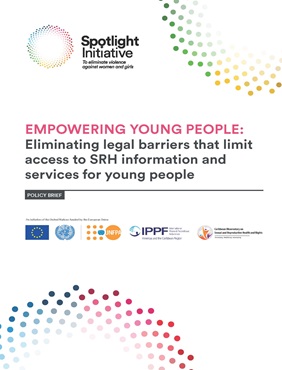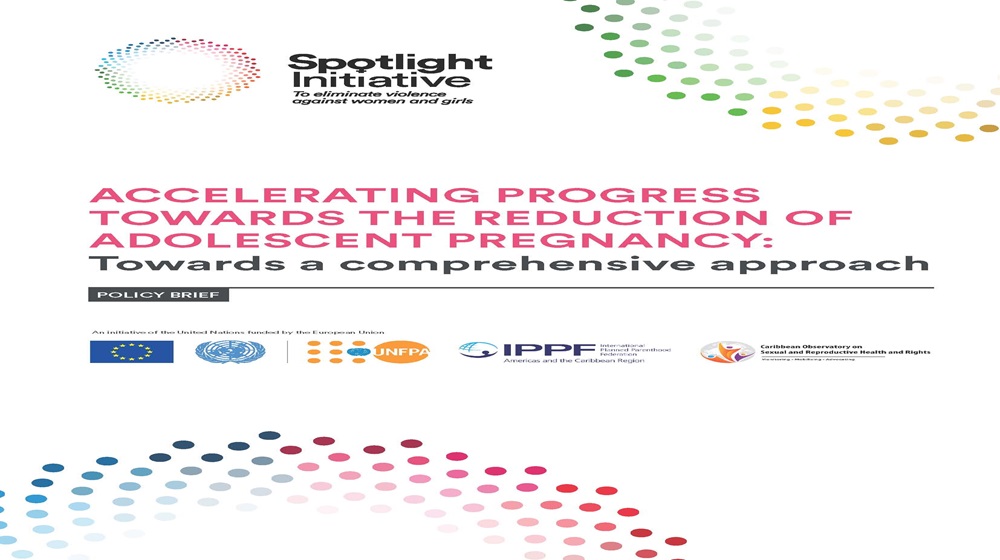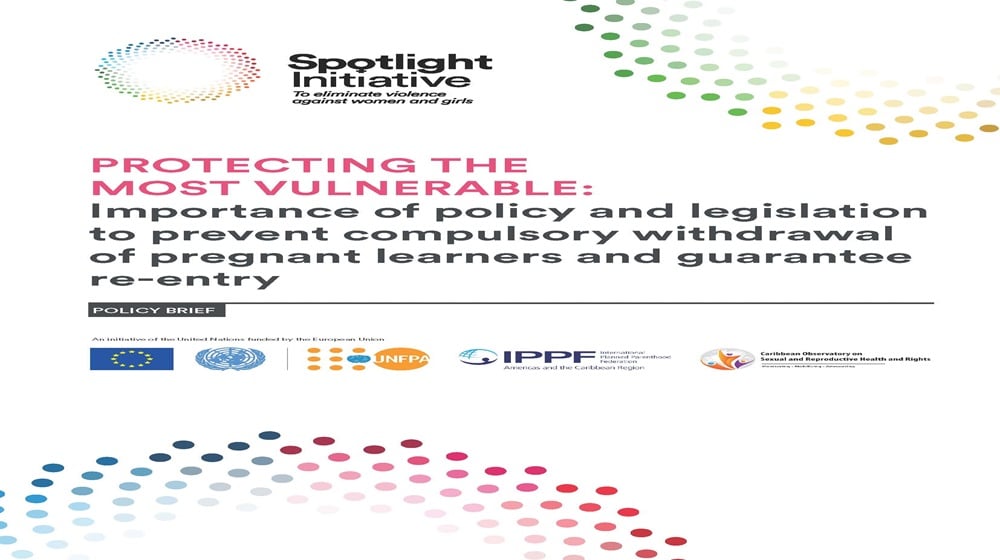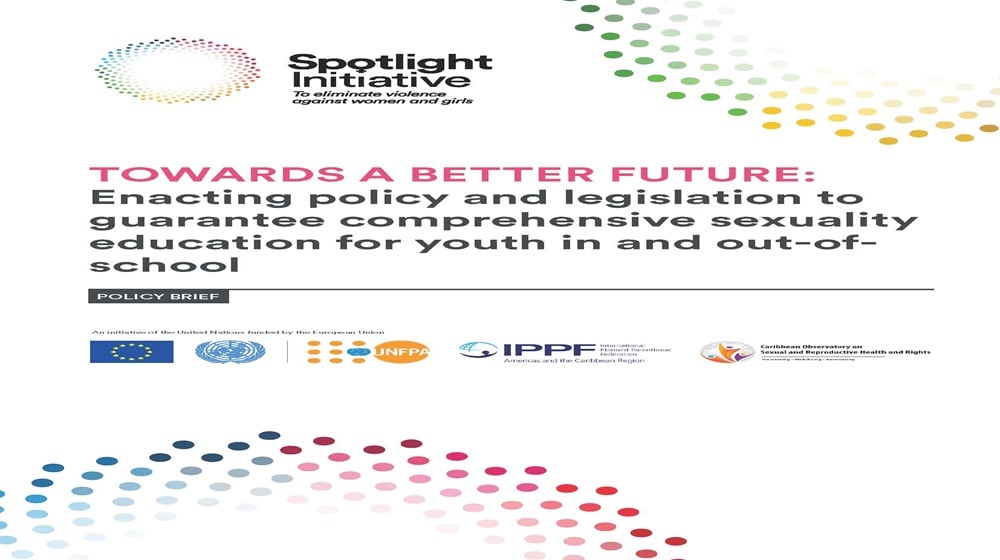Young people aged 10-24 years account for a quarter of the Caribbean population. Across the region, adolescents aged 12-16 years continue to experience disproportionate policy and legal barriers in accessing health information and quality services that respond to their needs. This, alongside inequitable gender norms, contributes to a lack of awareness and knowledge about basic human rights, puberty, and sexuality and may lead to risky sexual practices. These barriers can have serious implications for health, economic development, and poverty reduction.
According to a UNFPA, child sexual abuse is endemic in the region and large numbers of children are believed to be affected.4 The Caribbean has the second earliest age of sexual “debut” in the world. Statistics show that the first sexual experience of young girls is frequently forced (42.8 % of girls younger than 12 years). Such abuse increases adolescents’ risk and vulnerability to HIV and sexually transmitted infections (STIs) and pregnancy. Providing adolescents with appropriate information and services to support healthy development and agency, including the right to informed decision-making about their bodies and consent (or not) to sex, will lead to empowerment and realization of their rights.
UNICEF, UNFPA and WHO define ‘young person’ as those between the ages of 10-24 years of age.




